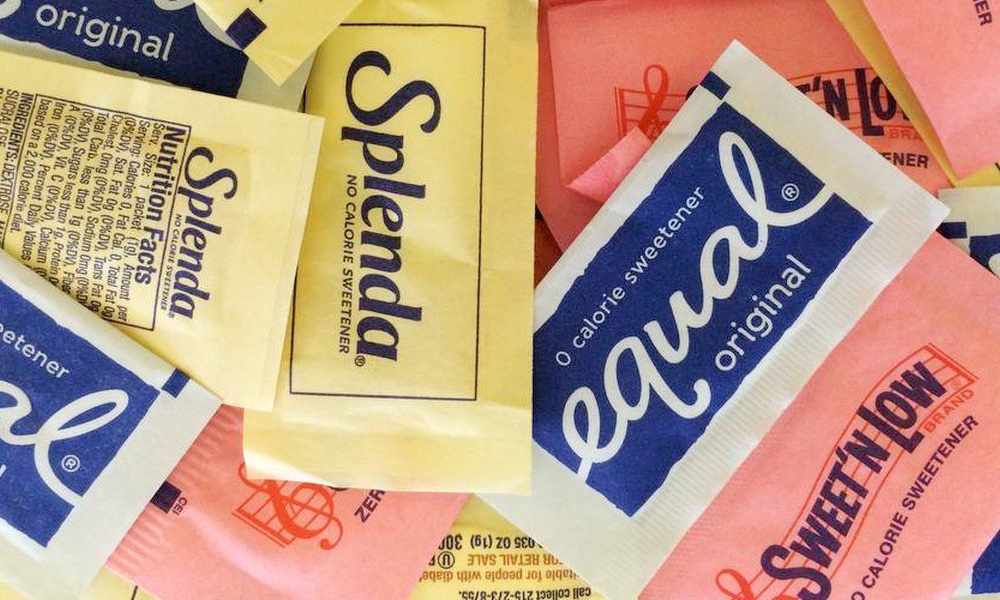People have a variety of reasons for using artificial sweeteners, ranging from cutting calories to controlling their diabetes. Millions of people consume artificial sweeteners on a daily basis.
Though many studies have been done on these sweeteners, and they are approved by the Food and Drug Administration as food additives, not all experts agree on their safety. However, the National Cancer Institute and other health agencies have found no hard scientific evidence that any of the FDA-approved artificial sweeteners cause cancer or serious health issues.
But there is also research that calls this into question. A new French study suggests that some artificial sweeteners may be associated with an increased risk of certain types of cancer.People in the study who consumed larger quantities of artificial sweeteners had an overall higher risk of cancer compared to those who did not use them.
Using 24-hour dietary recall records, Sorbonne Paris Nord University researchers gathered information about the use of artificial sweeteners among the participants. Cancer diagnosis information was collected during follow-up interactions, and the researchers analyzed the information to look at associations between the use of artificial sweeteners and the risk of developing cancer.
Participants who consumed larger quantities of artificial sweeteners had an overall higher risk of cancer compared to those who did not use them. The association was particularly higher for those who used aspartame (NutraSweet® or Equal®) and acesulfame-K (Sunett® or Sweet One®).
Breast and obesity-related cancers seem to be the highest risks.
“Our findings do not support the use of artificial sweeteners as safe alternatives for sugar in foods or beverages,” the authors advise. “[They] provide important and novel information to address the controversies about their potential adverse health effects.”
The study is published in PLOS Medicine.





